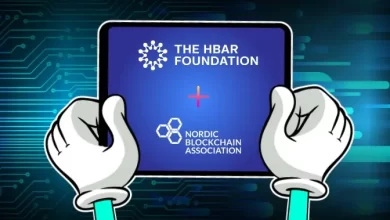RChain Modifies Blockchain for Mass Accessibility

The high energy consumption due to Bitcoin mining has been a major hindrance in the global adoption of Blockchain technology. As far back as 2016, the world has been worrying about the increase in carbon footprint and accordingly signed the Paris Agreement. The Proof of Work consensus algorithm in the system of Blockchain is notorious for its immense wastage of energy, which is why most investors are hesitant in adopting this technology, and the cryptocurrencies like Ethereum, Bitcoin that are based on PoW. If Blockchain technology aims to achieve mainstream status, it has to consider its ramifications on the environment and manage its operations accordingly.
Of late, the head of a multinational and renowned automobile company had announced the decision to reject Bitcoin as a payment option for its vehicles due to the peril it caused to the ecological balance. The announcement stirred a lot of debates, most of them about the real advantages of investing in Blockchain and associated sectors, especially Decentralized Finance. The only silver lining is that the announcement has garnered considerable attention towards the concept of Blockchain and cryptocurrency. However, media personnel have risen to criticize the massive energy consumption by Blockchain and are saying that the technology is advancing at the cost of jeopardizing the ecology.
Hence, the trend of going green has spread to Bitcoin technology as well. Recent blockchain projects have adopted the clause of carbon neutrality in their operating structure so that their protocols and consensuses will not affect the environment negatively while functioning.
RChain is one such environment-friendly Blockchain project, which advances the cause of smart contracts, and allows coordination of sophisticated mechanisms. The channel has developed its programming language, “CBC-Casper Proof of Stake and Rholang,” for powering itself. The USP of this channel is that it can scale a global computer without impacting the environment adversely, as is the case for Ethereum and Bitcoin’s Proof of Work systems.
With the CBC consensus algorithm, a significant amount of data can be stored on-chain, and there is no need to create another storage layer. Unlike Ethereum, it does not execute transactions in a serialized manner but concurrently based on block merging. No matter how many nodes one is adding, RChain does not slow its scaling speed, rather accelerates it. Hence, it paves the way for the ultimate decentralization of the world computer system.



